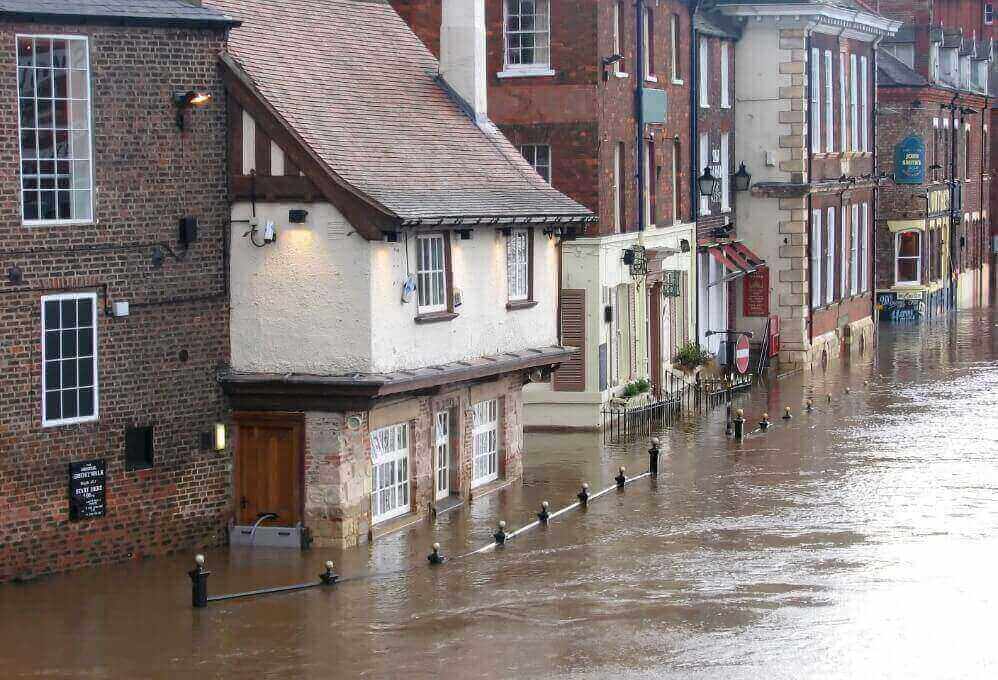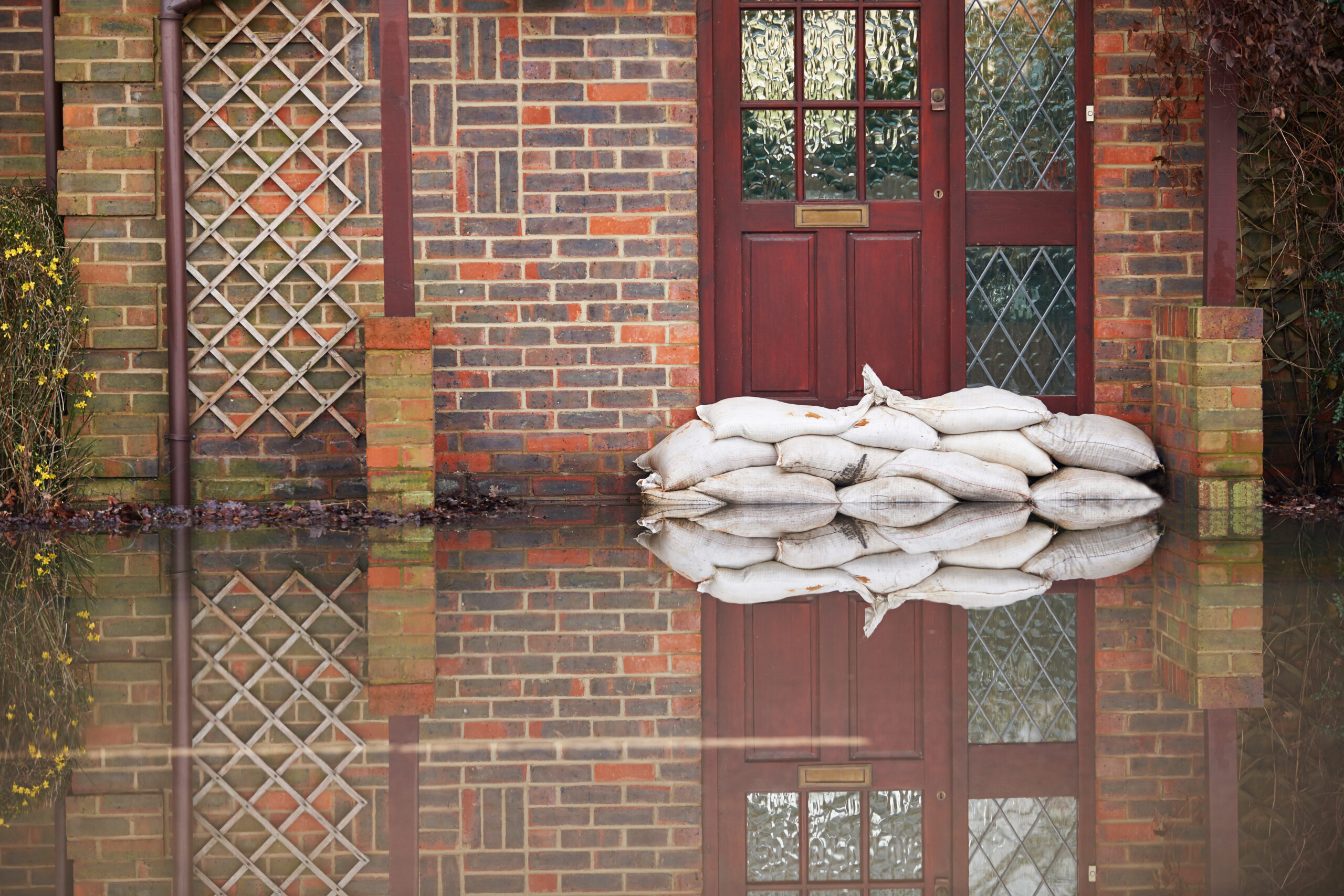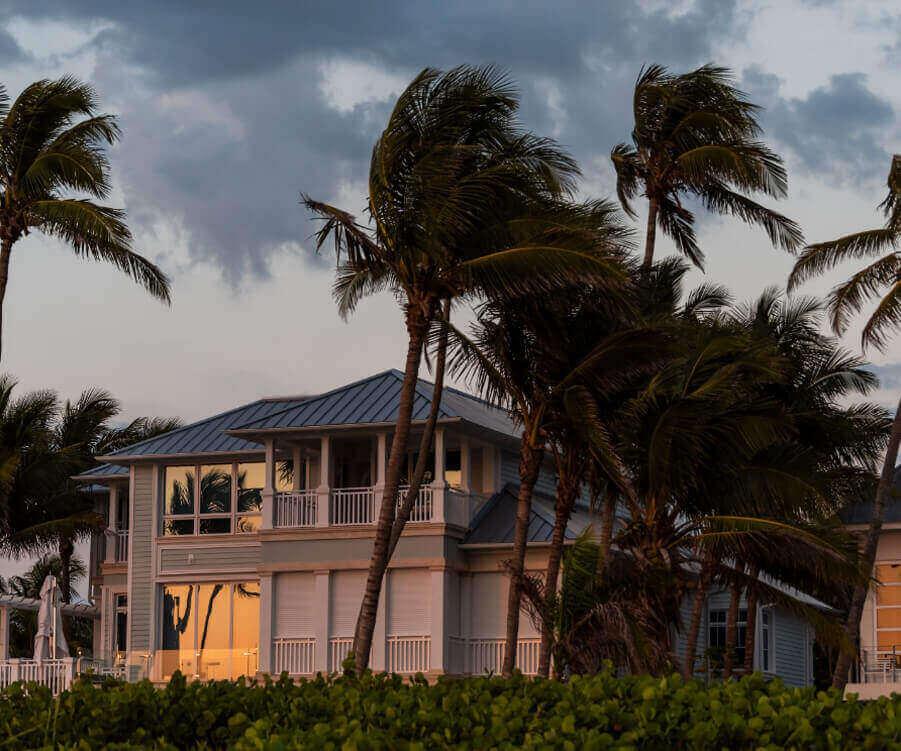We Can Help with All Types of Flood Damage
TRUST CAPITAL ADJUSTING SERVICES WITH YOUR CLAIM
Flooding poses a unique risk to your home or business. Flooding can strike at any time, and with the increasing frequency of severe weather events that cause flooding, managing this risk is more important than ever.
Getting adequate insurance coverage for flooding is a concern. Many home and business owners do not realize that a typical property insurance policy will not cover damage caused by water that comes from the ground (known as floodwaters). If you suffer flood damage, you deserve the maximum compensation for your flood claim, but that can be challenging to achieve if you leave it up to your insurance company who is looking out for their bottom line, not your best interest.

In the wake of flood damage, you may be looking for a temporary residence, working to locate important documents, recovering sentimental objects like photos and family albums, and grieving all that you have lost. Fighting with your insurance company is yet another burden during this difficult time.
One of the best ways to ensure that you get what you are owed and focus on rebuilding your life is to hire a flood public adjuster. An adjuster can perform a detailed assessment of your property to assess the damage and then work on your behalf with all involved parties to achieve the best possible flood claim outcome.
A public adjuster can be your advocate. An adjuster is an expert in navigating the complex conditions of your policy. They understand the ins and outs of flood insurance and can help you with putting together and supporting a detailed flood insurance claim. Even if your claim is already filed or you have already received compensation for your claim, a public adjuster can still help you get the best possible outcome. Do not carry this burden alone.
Causes of Water and Flood Damage
Water damage can include those caused by unpredictable weather conditions such as floods and tsunamis and accidents that may occur in home. It is important to understand the cause of damage as it will help with the process of getting your claim. Some of the common causes of water damages in residential properties such as burst pipes, weather-related problems and appliances that overflow might be disputed by insurance companies.
A few issues that can cause burst pipes are pressure built up in pipes, clogged toilets, frozen pipes during winter and even garbage disposals that are clogged. Weather-related problems and natural disasters are uncontrollable, and they may lead to floods when they are serious. Flash floods and storms that occur in a short period of time can cause grave damages to residential properties due to the strong currents of water. These factors damage the exterior and interior of properties, leading to flood damages.
Flood Statistics
Weather and climate disasters are increasingly common in the United States. With this uptick in severe weather events, the number of billion-dollar climate disasters is going up. In 2020, there were 22 devastating weather disasters that each resulted in over a billion dollars in damage, including 13 severe storms, 7 tropical cyclones, 1 wildfire, and 1 drought. When combined, the cost to repair the damage for all these weather events is over $95 billion.
Flooding is a national threat to the financial well-being of individuals and the country. Flooding can be the result of weather events like hurricanes, tropical storms, thunderstorms, excessive rain, or snow or the result of failures in man-made structures like clogged sewage systems and dam failures. Claims for flood damage are regularly more than $100,000.
If this coverage is not high enough for the needs of your residence or business, consider purchasing additional private flood insurance. This may allow you to get a wider range of coverage with higher caps than the NFIP. Be aware that with private flood insurance, there is no guarantee the policy will be renewed once it expires.
Flood adjusting companies can play an important role in protecting you from these devastating weather events.
Frequently Asked Questions About Flood Damage
What is the difference between water damage and flood damage claims?
Many home and business owners do not realize that a typical property insurance policy will not cover damage caused by water that comes from the ground (known as floodwaters). The insurance companies make a distinction between water damage and flood damage. Water damage can be caused by a broken pipe and leaking roof. Homeowner’s insurance often will not cover water damage from ongoing problems you have neglected to fix like a leaky toilet that leads to toilet flood damage. Flood damage is caused by water from an existing body of water – a lake or river, for instance – that rises and enters a property. It can also be the result of excessive rainfall. If you do not have a flood insurance policy to protect your property, your insurance company is not going to help you if your property becomes flooded. Be very careful with the terminology you use whenever you speak to your insurance company about a claim that involves water-related damage.
Will my homeowner’s insurance cover flooded basement water damage?
In some cases, a homeowner’s policy may cover water damage from basement flooding. Water damage from a burst pipe or broken washing machine will likely be covered by most homeowner’s insurance policies. Damage from groundwater seeping into your basement due to inadequate drainage on your property or cracks in the foundation will likely not be covered. However, for damage from a flood, you must have flood insurance.
What factors determine flood insurance premiums?
Many factors may impact your premium. These include the building’s type as well as its location and age and the amount of coverage and deductible. If your purchase a newer structure in a flood plain, the position of the lowest floor of the building in relation to the Base Flood Elevation (BFE) will determine your premium as well.

Flooding Damage Check List
- Contact Capital Adjusting Services
- Contact your insurance company
- Turn off the property’s electrical main
- Document the damage with photographs
- Allow the building to air out
- Inspect the structure for cracks and other damage
- Search for any wild animals that may have entered the property with the flood waters
Offices Throughout the East Coast We Are Licensed in These States
- Georgia
- Indiana
- Iowa
- Maryland
- Michigan
- Minnesota
- New Jersey
- North Carolina
- Ohio
- Pennsylvania
- Puerto Rico
- South Carolina
- Virginia
- Washington, DC
- West Virginia



